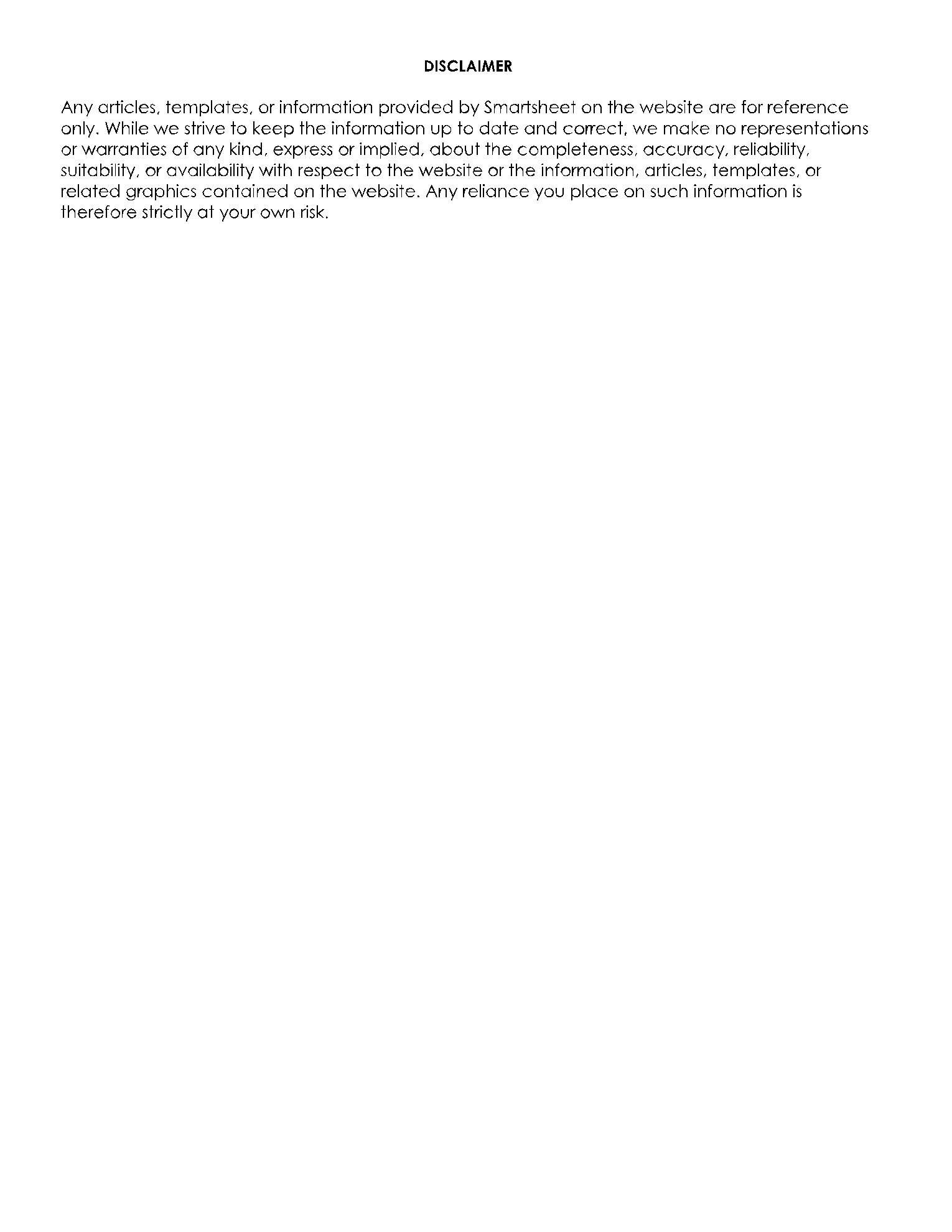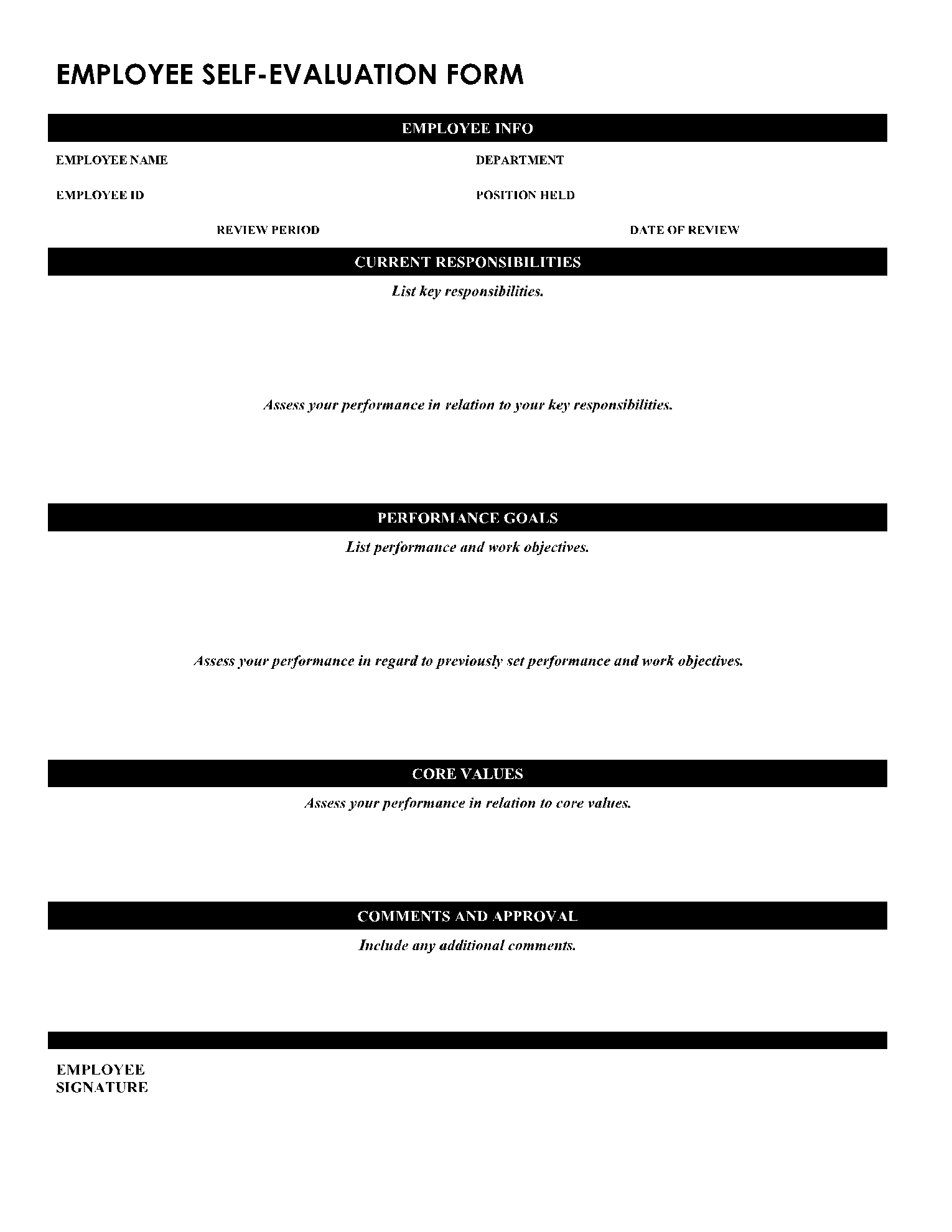Evaluation of employees and workers at the end of the financial year is an important milestone in the journey of both parties. It is to ensure that the hard work put in by the employee does not go unnoticed. It is also the time when the organization discusses with an employee on the best way forward and sets the goal for the coming year.
However, an appraisal cannot and must not be a one-way street. It is important to hear and learn from the employees about their work and their self-assessments. This is where the employee self-evaluation form becomes very helpful.
What Is an Employee Self-Evaluation Form?
Most organizations ask their employees to first self-assess their performance during the course of the year. To do that, many organizations have a standardized employee self-evaluation form, aka employee self-assessment form.
These forms are designed to help an employee to make a comprehensive review on their own based on certain parameters and objectives. The form also has a section on how the employee sees his/her career path growing.
What to Include in an Employee Self-Evaluation Form?
A typical employee self-evaluation form will cover, but will not be limited to, the following points:
- A section of your strengths.
- Your weaknesses and shortcomings that you look to work upon.
- Your accomplishments and achievements during the financial year.
- Your goals for the upcoming year.
- Employee feedback
Why Are Employee Self-Evaluation Forms Important?
Filling a self-assessment template gives employees a welcome opportunity to reflect on their trajectory during the financial year. They can review their strengths and weaknesses and improve upon their work by gaining helpful insights out of it.
For the organization, having an employee undergo self-assessment provides a window into how the employees see themselves in the context of the team and the organization. It brings to the fore any grievances that the employees might have with the team leader or the organization at large.
Self-assessment helps the team leader and organization to understand what motivates an employee and then incentivize the workforce accordingly. Together based on the insights from the self-evaluation, the employee and team leader can discuss and formulate the best way forward to benefit each one involved.
Tips on How to Complete a Self-Evaluation Form
As important it is to do a self-evaluation, assessing and writing about oneself is even more daunting. More often than not, you face several blind spots. However, being truthful about yourself will only help you and your organization go a long way. Here are a few tips on how you can do a better job while doing self-evaluation.
Do not shy away from your accomplishments
While doing self-evaluation, you often tend to downplay your achievements and accomplishments in the professional realm. This should not happen, as it only undermines your effort and growth prospect.
In fact, you must highlight them and also point out how your achievements have had a positive impact on the overall business of the organization and its image. Make a note of how your effort has helped your team in achieving its goals and going beyond.
Honesty is the best policy
While you are highlighting your achievements, it is equally important to give enough space to your shortcomings as well. Critically analyze the time you fell short of expectations and circle out your weak points that you think require further work.
This critique of yourself tells the organization that you are an honest player who is willing to learn from his failures and outgrow them. Note that there is a difference in being self-critical and self-deprecating.
Make a list of your goals and objectives
Whether you had a great financial year or you fell short on some goals, it is always best to make a list of your future goals and objectives that you are looking up to. Having a list of objectives presents you as a person who is not going to settle and is always ready to achieve more.
Maintain Professionalism
Although self-assessment requires you to be honest, you must not cross the boundary of a professional. That means you should avoid overly criticizing your boss or colleagues or showing favoritism towards someone. It will only show that you are not a team player, as you suggest. However, if you are pointing out a drawback about your team member, be sure to back it up with an example.
Try and keep things simple. Write as clearly and directly as possible. Using metaphors or overly dramatic examples will only make it difficult for your reporting manager to understand what you want to say fully. If you are looking for an employee self-evaluation form, you can choose from a wide range of employee templates available at CocoSign.

